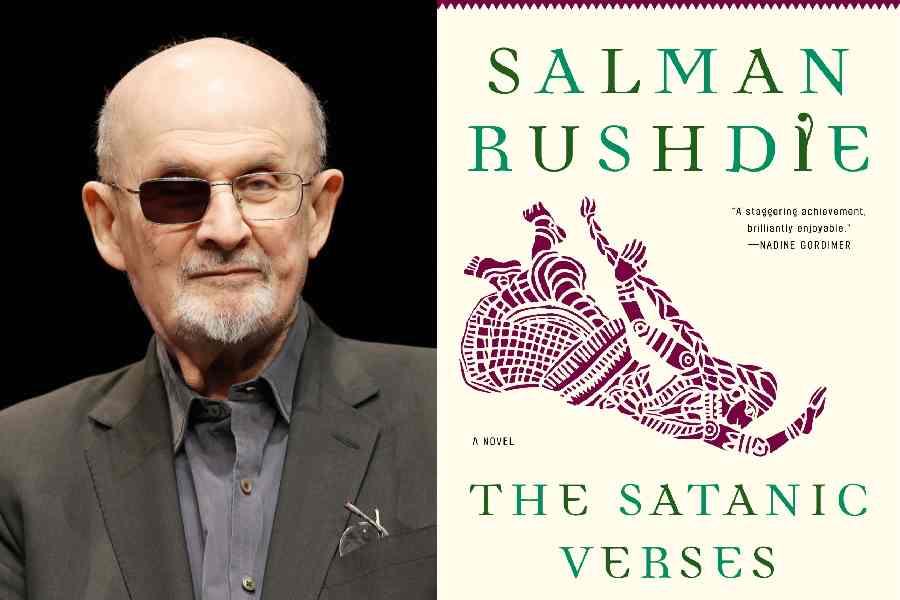Finance Minister Nirmala Sitharaman on Tuesday said the Budget for the next fiscal will attract private investment, and ensure a predictable economic recovery in the years to come.
Replying to a debate on appropriation and finance bills in the Rajya Sabha, she also defended the handling of inflation but acknowledged the ongoing war in Russia and Ukraine has posed fresh challenges, including higher oil prices, and disruptions in supply chains.
The Upper House later returned the two bills without any changes, other than those proposed by the government, completing the nearly two months long parliamentary process for approval of the Union Budget for the fiscal beginning April 1.
"...newer challenges are before us, (in the) Budget presentation I had not taken into account the Omicron and now we are also facing the situation of a full-blown war in Ukraine which is not some war in some corner of the world. But it is seemed to be having an impact on all countries like the way the pandemic had," the minister said.
She said the war has affected the value chains, and the world markets are caught up in a situation where nothing is normal. The minister said that while 32 countries (as per an OECD report) resorted to taxation to revive their economies, the Modi-led government did not increase taxes.
"So you are in a situation where like during the pandemic we came up with a Budget and then came the second wave. This time we came up with budget continuity aimed at recovery...and then Omicorn and now we also have war whose impact has been felt by all of us," she said. Sitharaman said the government did not resort to taxation for resource mobilisation to deal with the impact of the Covid pandemic.
"Last year we did not fall back on any increase in taxation rates in the name of Covid tax or in the name of any other element of tax to have the resources mobilized for the sake of meeting the challenges of recovery, so we did in this budget as well," she stressed.
She further said the Prime Minister had directed that the Budget should not draw on resources by taxing people at this time when recovery is the most important element and that "we should find resources and fully continue with the predictable recovery that we were aiming at".
Referring to issues concerning private investment, Sitharaman said following the pandemic, the government had stepped up the investment with a view to creating an environment to revive and sustain the economy.
"...we believe that the government and the private sector are partners in assuring development in this economy. There is no 'us versus them' when it comes to government and the private sector," the minister said and highlighted measures like the PLI scheme, and PM Gatishakti, to attract private investment. The government is conscious of the need to balance the growth and also make sure India's recovery post-Covid is sustainable, she said and added the budget reflects this commitment and outlays the way forward.
During the discussion, several members had raised concerns over the price situation in the country. To this, the minister said the government was conscious of inflation.
She expressed hope that the Wholesale Price Index (WPI) will shrink going forward. The finance minister further said that in spite of all the uncertainty and all the self-doubting eminent persons, who have been commenting saying the Indian economy has a problem, the FDI inflow into India in 2020-21 was USD 81.72 billion and USD 74.39 billion in 2019-20.
She said India has continued to remain in the top five foreign direct investment (FDI) recipient countries as per a UNCTAD report. The minister said that in the seven years and nine months of Prime Minister Modi's government till December 2021, FDI inflows have been USD 500.5 billion and that is about 65 per cent higher than FDI inflows during the entire 10-year regime of the UPA.
"I think that reflects how honestly both the Indian investors and investors from abroad have trusted the economic management of this government under Prime Minister Modi and that is why you find 10 years of more than 65 per cent FDI in the seven years and nine months has come into this country," Sitharaman said.
Referring to the states' share for devolution in central taxes, Sitharaman said it was projected at Rs 6.66 lakh crore as per Budget Estimates of 2021-22, and Rs 7.45 lakh crore as per Revised Estimates. "What I have actually devolved is Rs 8.35 lakh crore, Rs 1.69 lakh crore more than the BE and Rs 90,000 crore over the RE has been given," the finance minister said.
Giving more financial details, she said from 2013-14 to 2022-23, the actual utilisation of health and education cess is expected to be Rs 3.94 lakh crore as against an estimated collection of Rs 3.77 lakh crore. This cess, she said, is primarily funding centrally sponsored schemes that happen in the states, wherein the funds are being transferred to the state governments.
She also spoke about steps that are aimed at making ease of living for the middle class, related to the Pradhanmantri Garib Kalyan Yojana, statutory PF contribution, and construction of housing units, among others. Sitharaman had presented the Union Budget on February 1. The Lok Sabha approved the two bills on Friday.











